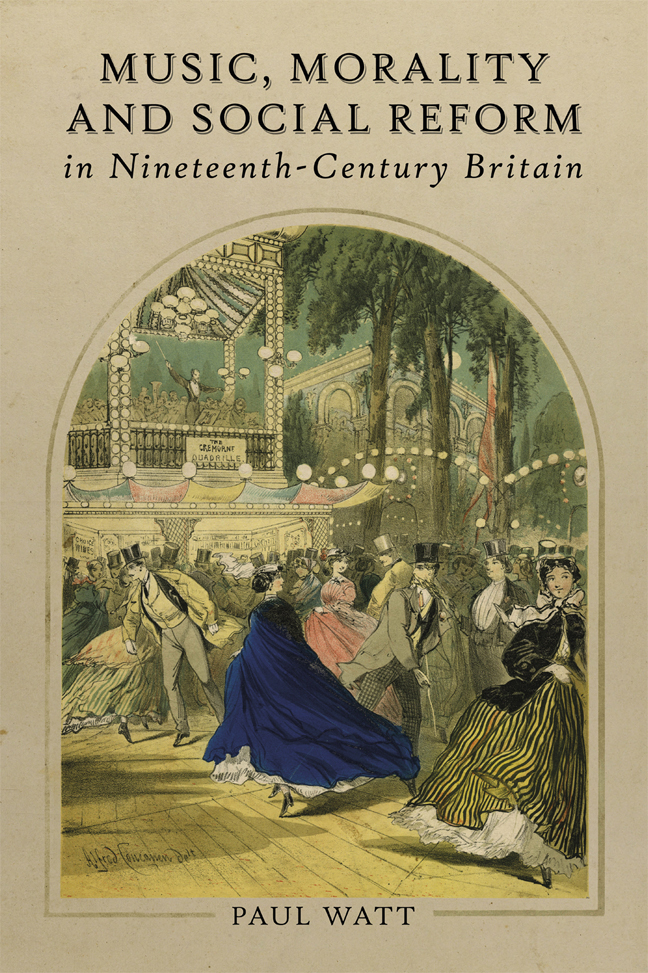5 - Philanthropy: Hannah More and Octavia Hill
Published online by Cambridge University Press: 21 February 2024
Summary
The pursuit of morality, the fashioning of good character and the formation of civil society were not merely the domain of educational institutions such as the mechanics’ institutes or powerful men such as economists and politicians. Women ran effective campaigns and established significant national enterprises that harnessed the interest of hundreds of thousands of people in Britain and beyond. Their altruism (arguably misplaced, at times), coupled with financial and other backing from patrons and supporters, mobilised a swathe of activities for the moral good of the individual and the social wellbeing of the wider community. Through various philanthropic enterprises they provided an infrastructure for moral improvement from people of a variety of classes.
Philanthropy encompassed a large variety of charitable work across the nineteenth century, including teaching, fundraising, political activism, and almsgiving. Institutions supporting philanthropy included hospitals, publishers, and public and private charities, as well as special-interest branches of these establishments catering for the provision of reading materials, housing and music. This chapter focuses on the philanthropic work of two influential women, Hannah More (1745–1833) and Octavia Hill (1838–1912), providing two contrasting examples of the way philanthropic enterprises were undertaken at opposite ends of the nineteenth century. Importantly, neither More nor Hill was a philanthropist with a single mission: they undertook various charitable activities, as did many women of the century. The comparison highlights two very different approaches to philanthropy while taking account of the value they placed on music. When their philanthropy is examined in the context of some of their other writings (for example, More on politics), we understand the ways these women set about ‘raising the moral tone of the nation’ in which music was often part and parcel. Despite the ubiquity of philanthropy across the century, it was not always well received by society at large, as we saw in the previous chapter. For example, More came into question for her often contradictory stance on issues to do with the education of women, while Hill was sometimes accused of condescending to the subjects of her charitable causes.
HANNAH MORE
Hannah More's legacy has been extended in many directions, such were the multifaceted aspects of her many writings and charitable acts. Invari-ably credited with advancing the education of women on the one hand, she has been criticised for stifling their ambitions on the other hand.
- Type
- Chapter
- Information
- Music, Morality and Social Reform in Nineteenth-Century Britain , pp. 130 - 155Publisher: Boydell & BrewerPrint publication year: 2023



